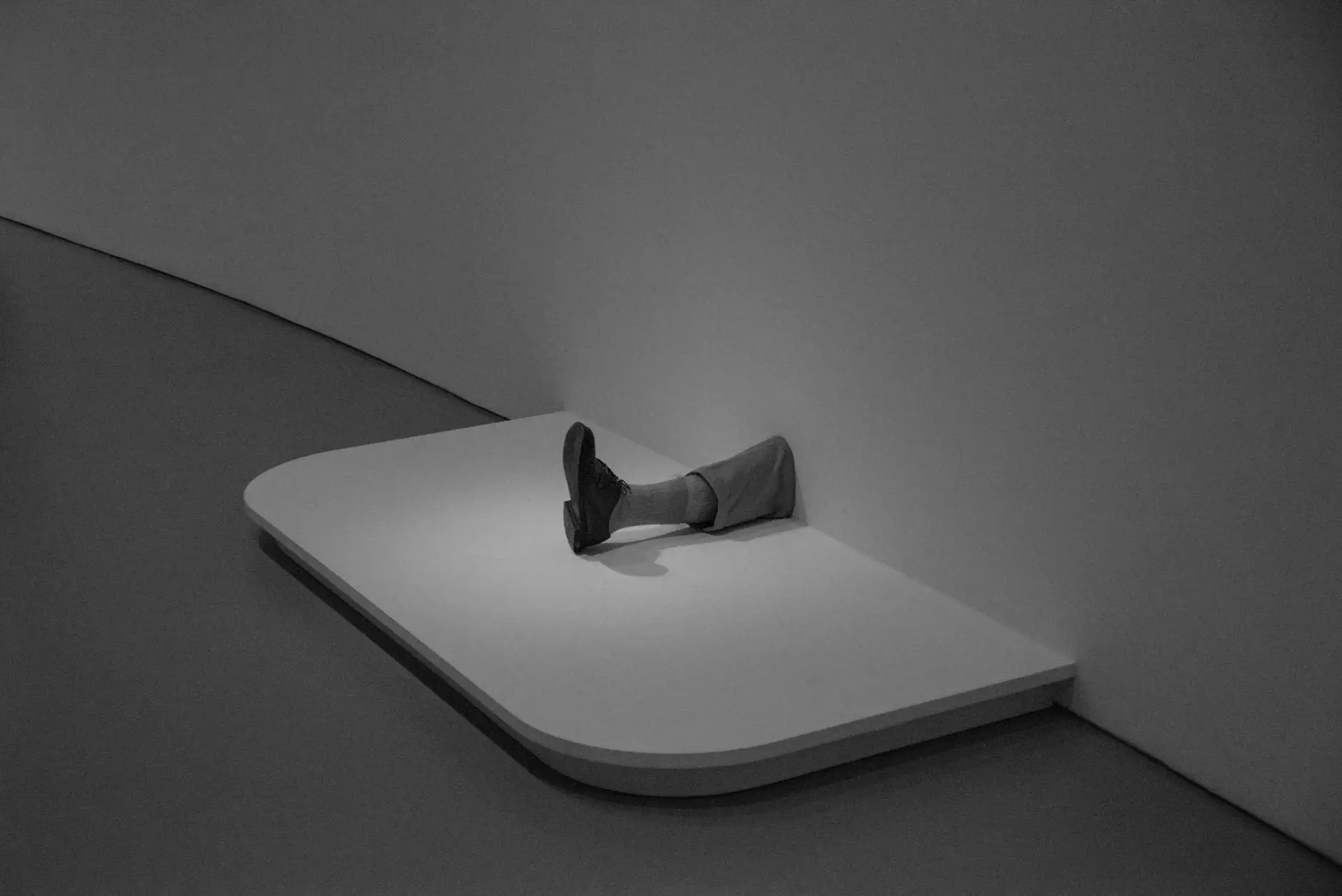Understanding Bad Dental Implants: Causes, Remedies, and Prevention

Bad dental implants can negatively impact your oral health and overall well-being. Dental implants have revolutionized the way we approach tooth replacement. However, when these implants fail, the consequences can be severe. In this comprehensive article, we explore the causes of bad dental implants, their effects, and how to prevent them.
What Are Dental Implants?
Before diving into the issues surrounding bad dental implants, it is important to understand what they are. Dental implants are artificial roots, typically crafted from titanium, that are surgically placed into the jawbone to support replacement teeth or bridges. The advantages of dental implants include:
- Improved Appearance: Dental implants look and feel like natural teeth.
- Enhanced Comfort: Unlike dentures, implants become a part of you, eliminating the discomfort of removable prosthetics.
- Easier Eating: Implants function like natural teeth, allowing you to eat your favorite foods without pain or discomfort.
- Boosted Self-Esteem: Restoring your smile can significantly improve your confidence and self-image.
Common Causes of Bad Dental Implants
Understanding the factors that lead to bad dental implants is crucial for prevention. Here are some of the most prevalent causes:
Poor Surgical Technique
The skill and experience of the dental surgeon play a critical role in the success of dental implants. Poor surgical technique can lead to complications such as:
- Inadequate Bone Integration: If the implant is not placed correctly, it may fail to fuse with the bone.
- Infection: An improperly sterile environment can introduce bacteria, leading to infection and implant failure.
Insufficient Bone Structure
Dental implants require a certain amount of bone density for proper placement. Factors contributing to insufficient bone structure include:
- Tooth Loss: Prolonged gaps from lost teeth can cause bone loss in the jaw.
- Periodontal Disease: Gum disease can lead to bone deterioration, making implant placement risky.
Allergic Reactions
Some patients may experience allergic reactions to the materials used in implants, particularly titanium. Symptoms can range from inflammation to severe discomfort, leading to the implant's failure.
Improper Post-Operative Care
Following the initial surgery, proper care is essential for healing. Neglecting oral hygiene can cause:
- Peri-implantitis: This inflammation around the implant site can lead to loss of bone support.
- Infection: Bacteria can infiltrate the area, resulting in implant failure.
Signs of Bad Dental Implants
Recognizing the warning signs of bad dental implants early can save you from severe complications. Some symptoms to watch for include:
- Pain and Discomfort: If you experience persistent pain beyond the initial healing period, it could indicate a problem.
- Swelling and Inflammation: Redness and swelling around the implant site may be a sign of infection.
- Loosening of the Implant: If the implant feels loose, it is crucial to consult your dentist immediately.
Remedies for Bad Dental Implants
If you suspect that you have bad dental implants, it is vital to take action promptly. Here are some remedies and solutions:
Consultation with a Specialist
Seeking help from an experienced dental implant specialist is the first step. A professional evaluation will help determine:
- The Cause of Failure: Understanding why the implant failed is crucial for planning further treatment.
- Possible Solutions: Options may range from minor adjustments to complete removal and reinsertion of a new implant.
Bone Grafting
In cases where bone density is insufficient, bone grafting may be recommended. This process involves:
- Harvesting Bone: Bone can be taken from another part of your body or sourced from a donor.
- Integration: The graft allows new bone to grow, providing a stable foundation for a new implant.
Flap Surgery
If soft tissue needs attention due to peri-implantitis, flap surgery may be necessary. This procedure allows the dentist to:
- Clean the Area: Remove infection and bacteria around the implant.
- Reposition Gums: Proper gum coverage can help in recovery and stability of the implant.
Preventing Bad Dental Implants
Prevention is always better than cure. Here are some tips to minimize the risk of bad dental implants:
Choose a Qualified Dentist
Ensure that your dental surgeon is experienced in implantology. Check their credentials and ask for:
- Before and After Photos: Reviewing previous patients' results can provide insight into their work.
- Patient Reviews: Look at testimonials for feedback on their experience.
Follow Pre-Operative Instructions
Adhering to your dentist’s pre-operative guidelines is critical. These may include:
- Avoiding Blood Thinners: Certain medications should be paused before surgery.
- Pre-Treatment for Gum Disease: If you have periodontal issues, these need to be addressed prior to surgery.
Commit to Post-Operative Care
Proper care after receiving your dental implants can greatly affect their success. Consider the following:
- Maintain Oral Hygiene: Brush and floss regularly to avoid infection.
- Regular Check-Ups: Schedule regular visits to your dentist for implant monitoring and maintenance.
Conclusion
Dental implants can significantly enhance your quality of life if done correctly. Understanding the potential for bad dental implants empowers you to take the necessary precautions and seek help when needed. By choosing a reputable dentist, adhering to care instructions, and recognizing early warning signs, you can ensure a successful outcome and enjoy the benefits of a beautiful, functional smile for years to come.
For more information on dental implants and to find expert care, visit wupdoc.com.









